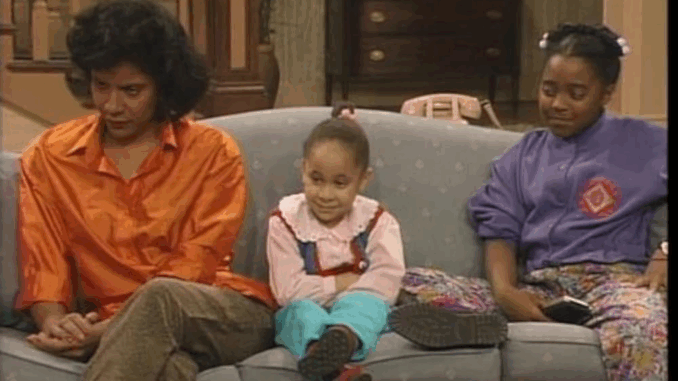
New York, 1980s – In an era when portrayals of African American families on U.S. television were often limited to stereotypes of poverty, crime, and dysfunction, The Cosby Show burst onto the screen in 1984 as a groundbreaking force. More than just a popular sitcom, it became a cultural milestone — a powerful example of how television can challenge prejudice and reshape public perception.
Created by and starring comedian Bill Cosby, the show introduced audiences to the Huxtables — an upper-middle-class Black family living in Brooklyn, led by obstetrician Heathcliff Huxtable and attorney Clair Huxtable. Their household, filled with humor, warmth, and life lessons, offered an alternative image of Black America rarely seen on mainstream television.
A First-of-Its-Kind Representation
Prior to The Cosby Show, most portrayals of Black families in American media either centered on struggle or leaned heavily on caricature. The Cosby Show broke that mold. The Huxtables were educated, successful, and deeply rooted in positive family values. They were loving parents raising five children, each with distinct personalities and challenges, in a home filled with respect, discipline, and laughter.
This vision of Black life was not only refreshing — it was revolutionary. The Huxtables didn’t ignore race, but they weren’t defined by it either. Their experiences resonated with viewers across racial and economic lines, bridging a cultural divide and presenting a universal image of family.
Cultural Impact and Legacy
At its peak, The Cosby Show was the number one show in America for five consecutive seasons. It shattered ratings expectations and attracted a diverse audience — proving that a show centered on a Black family could be both commercially successful and culturally influential.
Beyond its entertainment value, the series inspired a generation of African Americans to pursue higher education and professional careers. Colleges saw spikes in enrollment among Black students in the late 1980s, a phenomenon partly attributed to the show’s positive portrayal of educated Black role models.
Moreover, The Cosby Show paved the way for future Black-led sitcoms like The Fresh Prince of Bel-Air, Family Matters, and Black-ish, each exploring identity, culture, and family through their own lenses — but all indebted to the door Cosby had helped to open.
A Complicated Legacy
In recent years, Bill Cosby’s legal troubles and criminal convictions have cast a long shadow over the legacy of the show. While debates continue about whether the art can be separated from the artist, the impact of The Cosby Show as a cultural artifact remains undeniable.
For millions, the Huxtables still represent an aspirational image of Black excellence, familial love, and everyday joy. The show’s contribution to shifting the portrayal of African American families on television is a lasting legacy — one that helped America look at itself a little differently.